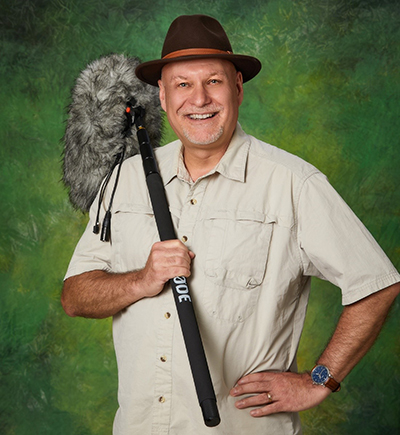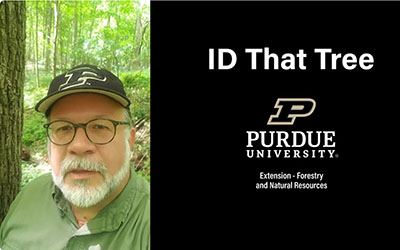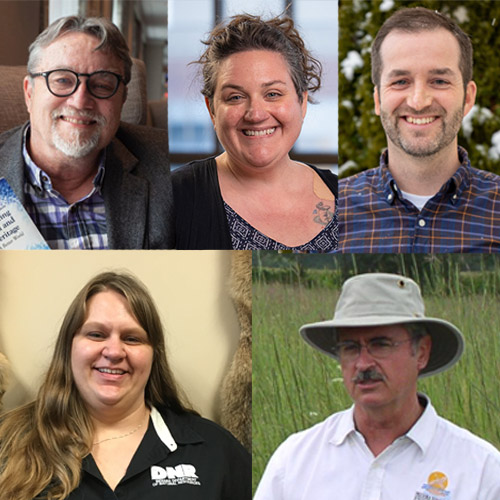Pijanowski Speaks on Biodiversity, Soundscapes at Think Corner Helsinki
Dr. Bryan Pijanowski, professor of landscape and soundscape ecology, presented a talk titled "The current biodiversity crisis needs creative solutions" at the Think Corner at the University of Helsinki in Finland on Tuesday, April 26. The presentation was live-streamed and is available online at the same link.
Presentation summary:
 "Dr. Pijanowski's talk will focus on exploring the essence of Earth's soundscapes. Soundscapes are composed of sounds from animals – the biophony; the geophysical environment such as wind, rain, and thunder – also called the geophony; as well as sounds from human sources, including planes, boats, and automobiles –which we call technophony. Soundscapes are also important sensory inputs for many biological organisms, as sound provides people and animals with information about how the environment is changing. He will tell us about his explorations and summarize the work he has conducted around the world analyzing over 4 million soundscape recordings from such exotic places as Borneo, Mongolia and the Caribbean Sea."
"Dr. Pijanowski's talk will focus on exploring the essence of Earth's soundscapes. Soundscapes are composed of sounds from animals – the biophony; the geophysical environment such as wind, rain, and thunder – also called the geophony; as well as sounds from human sources, including planes, boats, and automobiles –which we call technophony. Soundscapes are also important sensory inputs for many biological organisms, as sound provides people and animals with information about how the environment is changing. He will tell us about his explorations and summarize the work he has conducted around the world analyzing over 4 million soundscape recordings from such exotic places as Borneo, Mongolia and the Caribbean Sea."
Pijanowski came to Purdue in 2003 as an associate professor and was promoted to full professor in 2011. He was named Director of the Center for Global Soundscapes in 2013. Pijanowski was named as a University Faculty Scholar in 2013 and earned the College of Agriculture's PK-12 Education Award for Emerging Faculty in 2016. He was recently named an Innovation and Entrepreneurship Ambassador for the College of Agriculture.
Through the use of acoustic sensors, artificial intelligence tools, and big data mining techniques, Pijanowski and the Center for Global Soundscapes seek to understand how humans impact biodiversity so that they can create a better future for all 11 million species, while also improving human well-being.
Pijanowski has previously addressed the topic of biodiversity and soundscapes in a TEDx Talk titled "Listen to the Earth" on Nov. 1, 2019.






